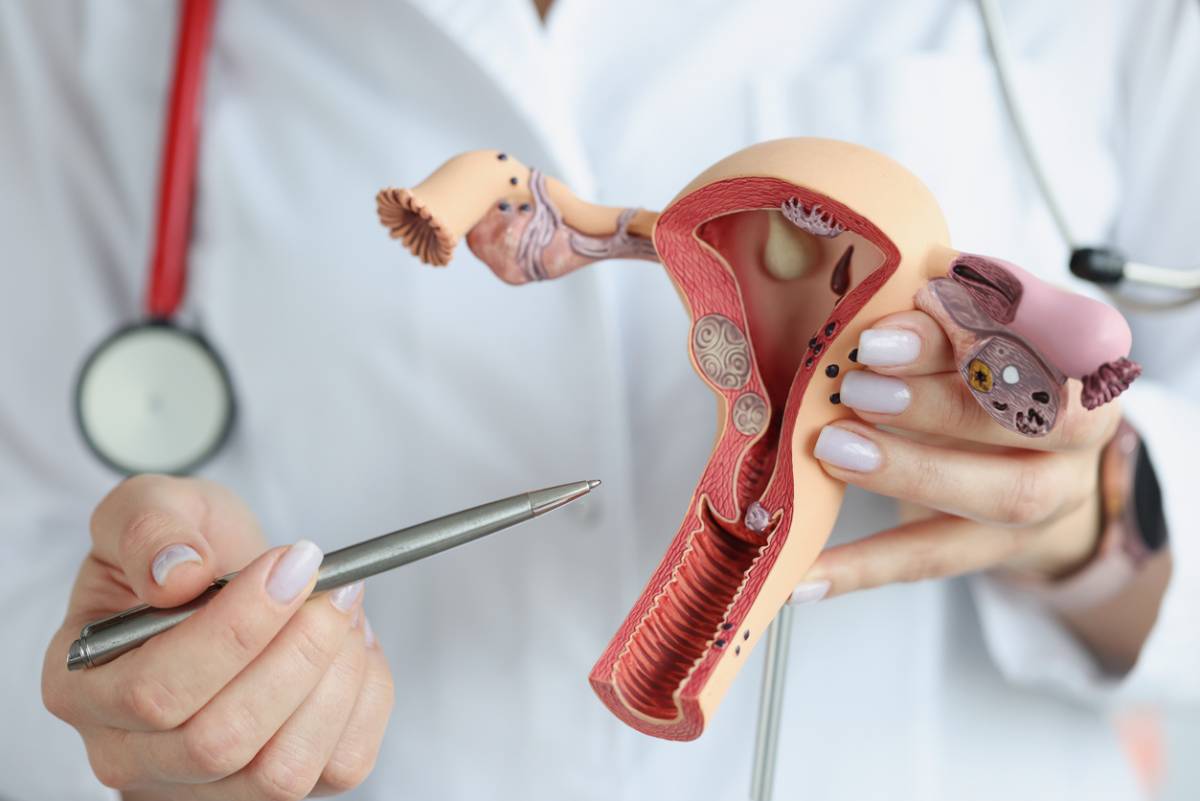Gynecological appointments are an important part of your overall health. Women should visit the gynecologist regularly. The frequency you are seen depends on your age, level of risk for certain health conditions, current health, and family history. Having a gynecologist you can trust can make caring for your health much easier. Below you will find helpful tips on how to prepare for a gynecologist visit.
How to prepare for a gynecological visit
Feeling prepared and comfortable for your women’s health visit is important. Consider the following tips on how to prepare for your visit.
Understand Why You Are Going:
Be sure to understand why you are headed to the gynecologist. Prepare any questions in advance and consider any topics you want to cover. Common topics include birth control, testing for sexually transmitted infections, issues with your period, or fertility concerns. This can help you feel prepared and avoid forgetting any questions if things get busy.
Avoid Unnecessary Worry:
Many women worry about their appearance when they go to the gynecologist. This is a medical appointment, and your gynecologist should not make you feel uncomfortable about how your intimate area looks. If they do, it’s time to find a different doctor. Many women prepare for their examinations, and this is not necessary. In fact, there are some things you should avoid before your gynecological imaging appointment. Avoid getting a wax, as this can make the exam trickier due to the swelling and inflammation. In addition, avoid using a douche. Discharge and certain smells are completely normal. If possible, shower and rinse your labia before your appointment.
Track Your Cycle:
Your gynecologist will definitely ask about your period. The most common question is about when the first day of your last period was. You can use a period tracker app or your personal calendar. Tracking your cycle can help your doctor understand how long your cycle and period is to ensure everything is normal.
Avoid Going During Your Period:
Your period is nothing to be ashamed of. However, you should avoid going to the gynecologist when you are on your period. It can interfere with your pap smear results and lead to the need for retesting. However, there are some exceptions. If you have a really heavy or irregular period your gynecologist may still want to see you. Talk with them about your concerns to ensure that you are seen right away if you are on your period.
Avoid Sex Beforehand:
A healthy sex life is great. However, avoid sex the night before your appointment. If possible, avoid it for at least 48 hours before your appointment. This can make your gynecologist’s job more difficult and can even impact the results of your pap smear. In addition to intercourse, avoid using vaginal lubricant products 48 hours before your appointment.
Bring Your Medical Records:
If this is your first time at this clinic, bring your medical records. Your medical records and family history can help your gynecologist understand your health much better. This can help them assess your risk for certain conditions and provide the most effective preventative care, including gynecological and breast imaging services. Keeping your gynecologist updated on any health issues that arise is critical for your long-term health.
Share Your Concerns:
You are in control of the appointment. If you feel uncomfortable, talk with your gynecologist. It is important that you feel safe and comfortable. Your physical and mental well-being are key. If you have any anxiety about the appointment, bring a close friend or family member for support. They can help ensure you are comfortable and anxiety-free.

